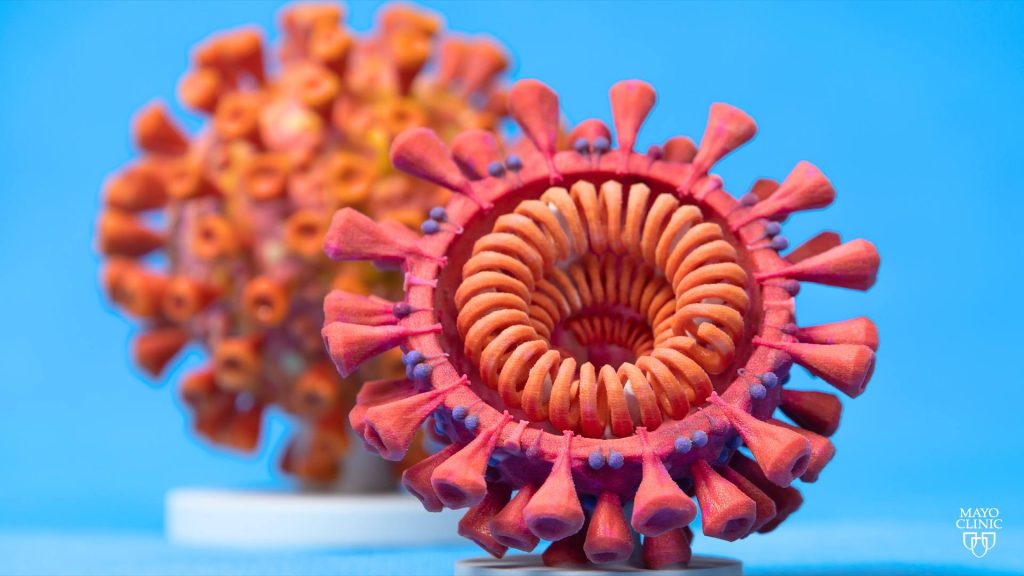-
Cardiovascular
Science Saturday: Antimalarials, COVID-19, cardiac arrest

Over the last few weeks, chloroquine and hydroxychloroquine have become household words. These antiparasitic drugs normally prescribed for malaria were introduced early in the rush to find potential treatments for COVID-19. As time goes on, the public discussion has centered on who should get these particular drugs and when. Meanwhile many doctors and medical researchers are asking a different question: if COVID-19 patients should receive these drugs at all.
Off-label use of medication is not unusual, especially in the case of a new disease or virus like Sars-CoV-2. Physicians and researchers will dig into their toolbox and try all sorts of treatments - both old and new - in hopes that something will help patients.
In a new article from Science, reporter Kelly Servick explores hydroxychloroquine and chloroquine, and their intersections with COVID-19. She talks with Michael Ackerman, M.D., a genetic cardiologist at Mayo Clinic, who raised concerns in a Mayo Clinic Proceedings article that in the race to find a way to prevent and treat this deadly disease, other deadly side effects might be introduced. In particular, using these drugs to treat COVID-19 could potentially cause arrhythmias and even sudden cardiac death.
For the rest of the story, read Antimalarials widely used against COVID-19 heighten risk of cardiac arrest. How can doctors minimize the danger?
____________________________________________
Other Mayo Clinic medical research websites:
- Research at Mayo Clinic
- Discovery’s Edge
- Advancing the Science
- Forefront
- Mayo Clinic Center for Individualized Medicine
- Center for Regenerative Medicine
- Center for the Science of Health Care Delivery
___________________________________________
Check the CDC website for additional updates on COVID-19. For more information and all your COVID-19 coverage, go to the Mayo Clinic News Network and mayoclinic.org.







